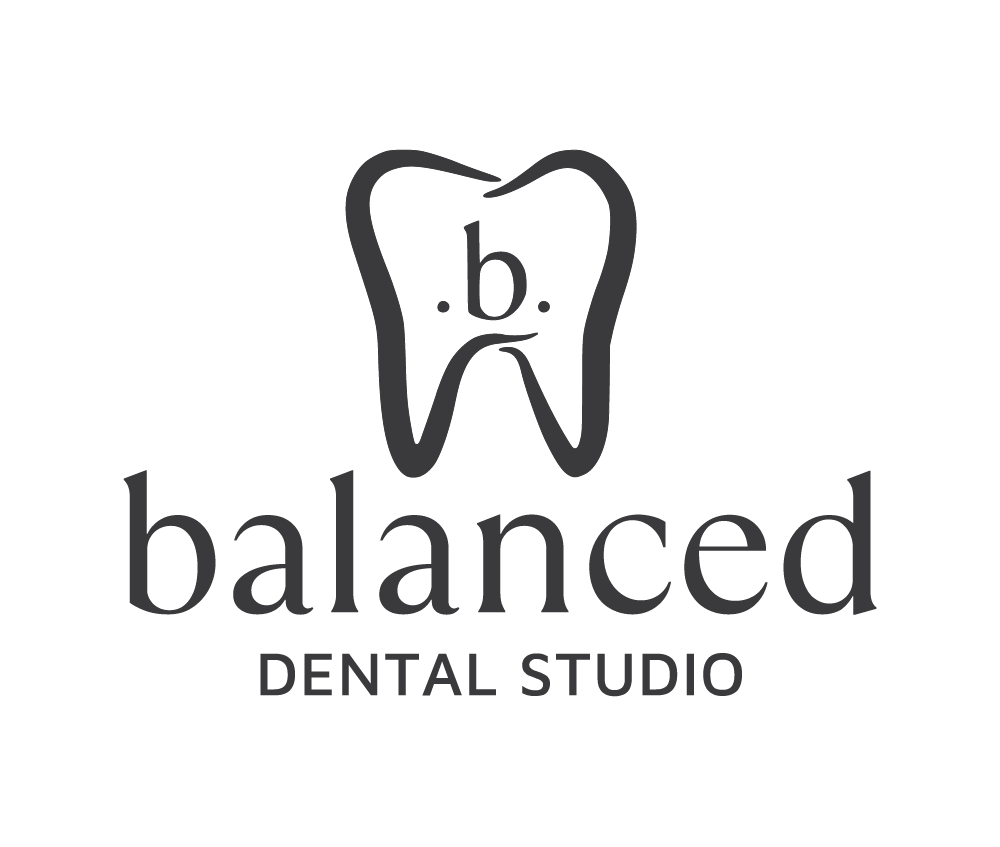Your smile is a valuable asset, and the last thing you want is a chipped or cracked tooth to dampen your confidence. These dental issues can arise from unexpected accidents or bad habits. Despite your enamel’s toughness, it’s not invincible. If you’ve experienced symptoms of a broken tooth and are looking for a treatment option, it’s crucial to seek professional help promptly. Here’s everything you need to know about chipped or cracked teeth, and when you should worry.
Understanding Chipped and Cracked Teeth
A cracked tooth is a fracture within a tooth, often causing pain or sensitivity. It might extend below the gumline, requiring treatment like dental crowns or root canals.
In contrast, a chipped tooth is when a small piece of a tooth breaks off, but there’s no fracture otherwise. It can result from accidents or biting hard objects. Treatment usually involves dental bonding or veneers.
Causes of Chipped or Cracked Teeth
Trauma or injury
Chipping or cracking a tooth can occur due to accidents or trauma, such as a fall or sports-related injury, leading to a broken tooth that might need restorative dental surgery.
Dental decay
Tooth decay weakens the enamel and can result in a chipped or cracked tooth.
Biting hard objects
Biting down on hard objects like pens, ice, or unpopped popcorn kernels can create excessive pressure on teeth, potentially causing them to chip or break.
Bruxism
The habit of clenching or grinding teeth can gradually wear down tooth enamel and lead to hairline cracks in teeth.
A “Bad Bite” or Occlusal problem
The way your teeth line up MATTERS! Orthodontics or realignment are not just cosmetic issues, they are functional issues! If your teeth are hitting in the wrong places when you chew, speak, or close together, you will be at high risk for chipping teeth.
Signs and Symptoms to Look Out For
Pain or discomfort
Chipped or cracked teeth often result in pain or discomfort, particularly when chewing or applying pressure.
Sensitivity
Sensitivity to hot or cold temperatures is a common symptom, as chipped or cracked teeth expose the inner dental layers, making them more sensitive to temperature changes.
Sharp edges or irregular surfaces
Chipped teeth might have sharp or jagged edges, while cracked teeth can develop irregular surfaces, which can be noticeable and bothersome.
Changes in tooth color
Sometimes, a cracked tooth can lead to changes in tooth color, appearing darker or discolored.
How Lifestyle Habits Contribute to Cracked or Chipped Teeth
The following lifestyle habits significantly contribute to cracked or chipped teeth:
- Infrequent brushing or waiting too long between dental check-ups can worsen decay.
- Consumption of sugary and acidic foods fuels dental decay.
- Smoking and using tobacco products can weaken teeth and make them more susceptible to chipping.
Why You Shouldn’t Ignore Chipped or Cracked Teeth
Chipped or cracked teeth may seem like minor inconveniences, but ignoring them can lead to significant complications. Potential complications of untreated chipped or cracked teeth can include:
- Infection: Untreated chipped or cracked teeth can lead to infections as bacteria can penetrate the compromised tooth structure, causing pain and discomfort.
- Tooth decay: The structural weakness of chipped or cracked teeth makes them more susceptible to dental decay, which can lead to further damage if left untreated.
- Tooth loss: Severe cracks or untreated chips can progress to the point where tooth extraction becomes necessary.
- Bite problems: Chipped or cracked teeth can disrupt your bite, leading to difficulties in chewing and potential discomfort or misalignment in the jaw.
The impact of chipped or cracked teeth extends beyond oral health, as unresolved dental issues can affect overall well-being. Also, delaying treatment might lead to more extensive and costly procedures down the road. Therefore, it’s essential to address chipped or cracked teeth promptly to maintain your oral health.
Seeking Professional Help
Consulting a Lakewood dentist when you suspect a chipped or cracked tooth is crucial. Dentists possess the expertise to identify the extent of harm to the teeth and recommend the most suitable treatment.
The dental evaluation process typically involves a thorough examination, potentially supported by X-rays as well, to assess hidden damage. This comprehensive assessment not only identifies the issue but also helps in planning the appropriate course of action.
By seeking professional help promptly, you ensure that your oral health is in capable hands, preventing complications.
Common Treatment Options for Chipped or Cracked Teeth
Composite Bonding:
Dental bonding is a non-invasive and quick procedure where a tooth-colored resin is applied and hardened with a special light, effectively restoring the tooth’s appearance.
Dental Veneers:
Veneers are thin, custom-made porcelain shells that fit over the front of teeth, providing a natural appearance and a long-lasting solution.
Dental Crowns:
Crowns cover an entire tooth, providing robust protection and an aesthetically pleasing look while being highly durable.
Root Canals:
For cases where the inner pulp is damaged, a root canal can help to protect the tooth by removing infected tissue while preserving its structure.
Tooth Extraction:
Extraction might be necessary for extensively damaged teeth, preventing further complications.
Prevention Strategies
Following preventive measures and maintaining a proactive approach to dental care, you can significantly reduce the risk of chipped or cracked teeth and enjoy a healthier smile.
- To keep your teeth strong and healthy, maintain good dental hygiene practices by brushing and flossing every day.
- Wear appropriate protective gear, such as mouthguards, helmets, or face shields, while engaging in sports or activities with a risk of facial impact.
- Refrain from harmful habits like nail-biting, chewing on hard objects like ice or pens, and using your teeth as tools to prevent unnecessary stress on your teeth.
- Schedule appointments with your dentist for routine dental checkups and cleanings to identify and address potential dental issues early.
- If you suffer from teeth grinding (bruxism), consider wearing a nightguard prescribed by your dentist to protect your teeth while you sleep.
Chipped or cracked teeth, if left untreated, can escalate into more significant problems like infections, decay, and even tooth loss.
Schedule Your Next Dentist Appointment in Lakewood, CO
At Balanced Dental Studio, we take pride in being the most trusted restorative dental services provider in Lakewood, Colorado. Our focus is on professional, accessible, and effective dental care, and we’re dedicated to helping you maintain excellent oral health without any unnecessary complications.
Don’t hesitate to book an appointment with us at Balanced Dental Studio for your dental care needs. Your journey toward achieving a confident and radiant smile begins here.



